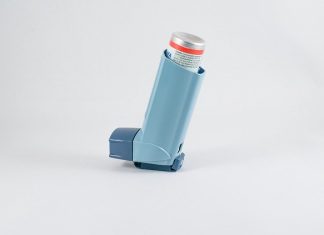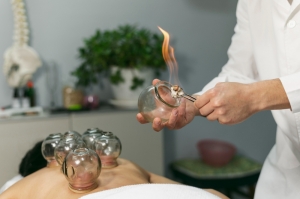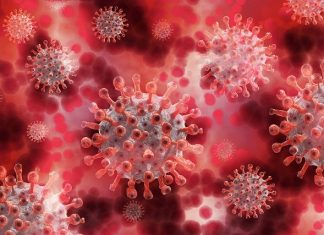Addiction is a chronic disease that affects the brain's reward, motivation, and memory systems. It leads to compulsive behaviors, despite harmful consequences. While many associate addiction with a lack of willpower, research has shown that it is a complex condition influenced by biological, psychological, and social factors.
Addiction can involve substances such as alcohol, opioids, or stimulants, as well as behaviors like gambling or overeating. Substance addiction is one of the most prevalent forms, affecting millions of people worldwide. Alcohol and drug addiction, in particular, pose serious risks to physical and mental health, relationships, and overall well-being.
Prestige Medical, a trusted Addiction Treatment Center in Mobile, AL, has been committed to helping individuals overcome alcohol and drug dependency since its establishment in 2013. Known for its dedicated team of professionals and innovative programs, the center offers a safe and supportive environment for recovery. Understanding addiction is the first step toward effective treatment and long-term recovery, and Prestige Medical aims to educate individuals and families about the nature of addiction and its underlying causes.
Types of Addiction
Prestige Medical focuses on treating two primary types of addiction: alcohol addiction and drug addiction.
- Alcohol addiction, or alcoholism, is a condition characterized by an inability to control or stop drinking despite negative consequences. It can lead to health issues such as liver disease, heart problems, and neurological damage. Emotional and social impacts, such as strained relationships and financial problems, are also common.
- Drug addiction involves dependency on substances like opioids, stimulants, or sedatives. This form of addiction often starts with recreational use or as a response to pain but can quickly escalate into a compulsive habit. Common consequences include overdose, organ damage, and mental health disorders like depression and anxiety.
Common Causes of Addiction
Addiction is rarely the result of a single factor. Instead, it develops through a combination of influences, which include:
- Genetics play a significant role in addiction risk. Individuals with a family history of addiction are more likely to develop the condition. Additionally, brain chemistry can contribute to addictive behaviors. For example, some people may have lower levels of dopamine, making them more prone to seeking substances that provide temporary pleasure.
- Mental health conditions, such as anxiety, depression, or post-traumatic stress disorder (PTSD), are often linked to addiction. People may use substances as a coping mechanism to alleviate emotional pain or stress.
- A person's environment can strongly influence their likelihood of developing an addiction. Exposure to substance use at a young age, peer pressure, or living in an environment with limited access to support can all increase the risk.
- Experiences such as trauma, neglect, or abuse can also contribute to addiction. Social isolation or a lack of strong support systems can make individuals more vulnerable to turning to substances for comfort.
Symptoms of Addiction
Recognizing the signs of addiction is crucial for seeking timely help. Common symptoms include:
- Loss of control over substance use
- Increased tolerance, requiring higher amounts to achieve the same effect
- Withdrawal symptoms when not using the substance
- Neglect of responsibilities and personal care
- Changes in mood, behavior, or physical health
How Professional Treatment Can Help
Addiction is treatable, and seeking professional help is the most effective way to overcome it. At Prestige Medical, individuals receive personalized care tailored to their unique needs. The center offers a variety of evidence-based programs, including:
- Suboxone Treatment. Designed for opioid addiction, this program helps reduce cravings and withdrawal symptoms, making the recovery process more manageable.
- Outpatient and Intensive Treatment Program. These programs provide flexibility for individuals who need treatment but have work or family commitments. Intensive programs offer structured care and therapy to address deeper issues.
- Medication-Assisted Treatment (MAT). Combining medications with counseling, MAT addresses both the physical and psychological aspects of addiction.
- Aftercare Programs. Long-term support is critical for maintaining sobriety. Prestige Medical's aftercare programs help individuals navigate life after treatment and stay on track with their recovery goals.
One of the biggest barriers to seeking help is the stigma surrounding addiction. It's important to view addiction as a medical condition rather than a moral failing. Education and open conversations can help reduce judgment and encourage more people to seek treatment.
Understanding addiction—its types, causes, and symptoms—is vital for addressing this widespread issue. Centers like Prestige Medical play a crucial role in providing professional care and support to individuals and families affected by addiction. By combining compassionate care with evidence-based treatments, they offer a path to recovery and hope for a brighter future.






